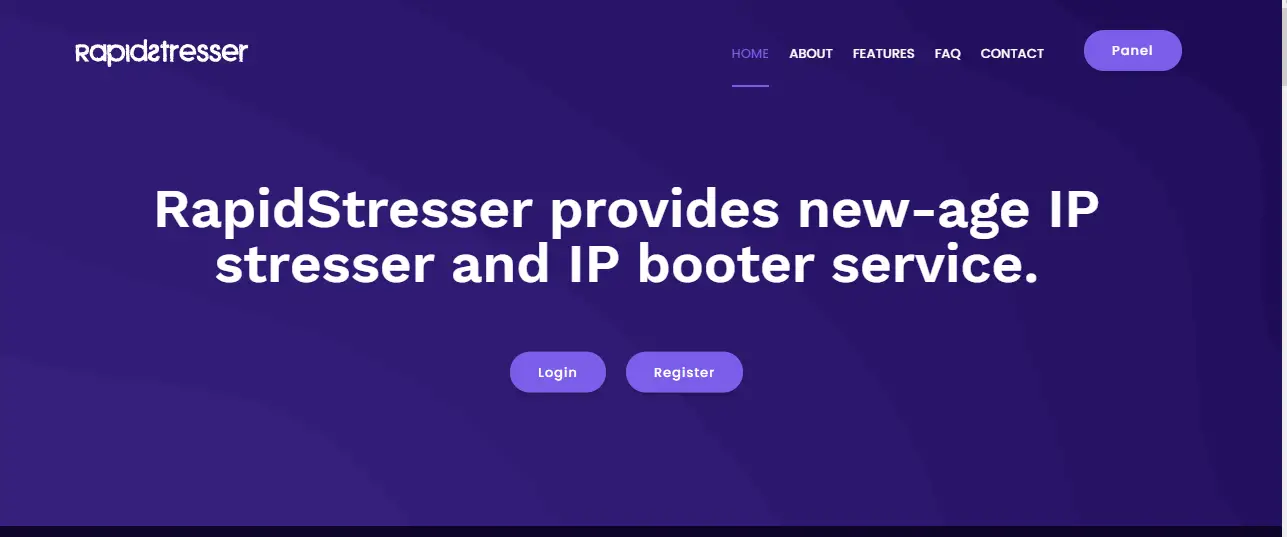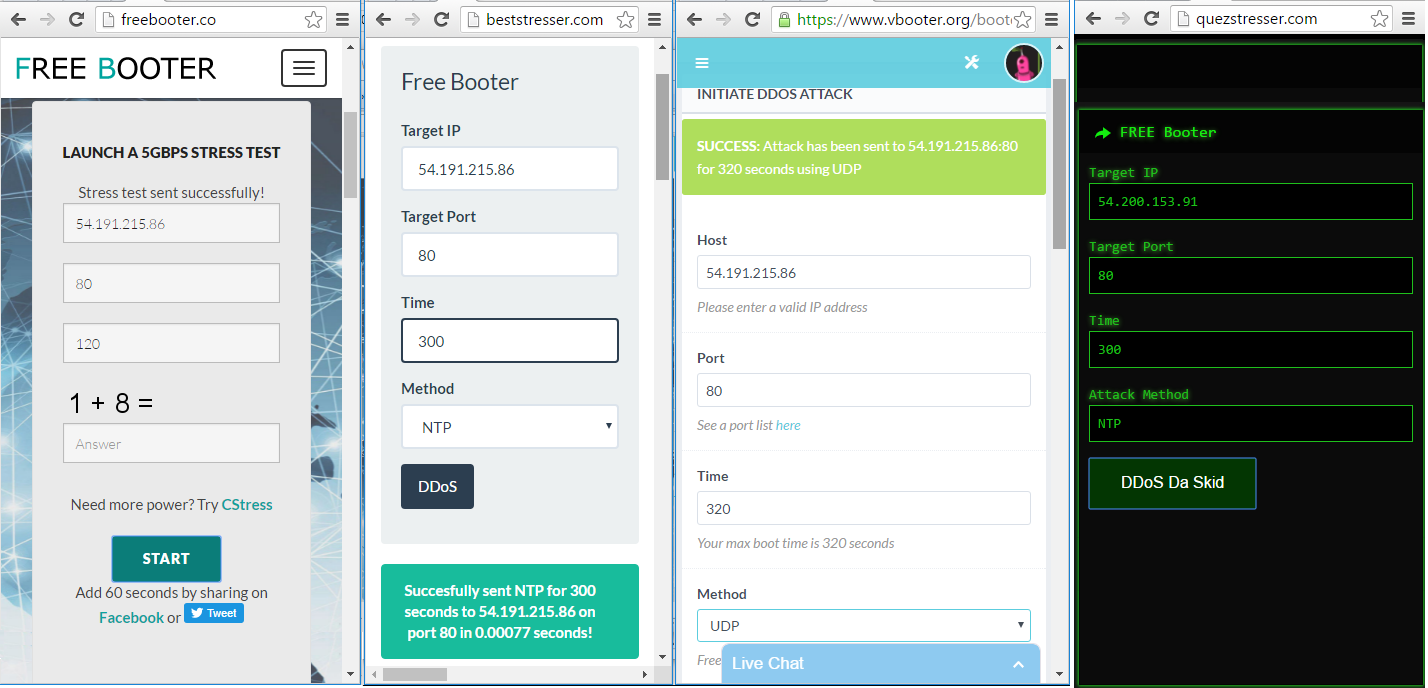

(That’s because overwhelming chronic stress can have debilitating effects on the body.) The goal, according to experts, is to not feel overwhelmed by that stress. And sometimes you’re going to feel stressed about those challenges. The problem hasn’t gone away, and the availability of “booter” services has put the ability to bring down websites through a DDoS attack into the hands of even the least technologically-inclined criminals.We all face challenges all the time. In addition the 21-year-old has been ordered to forfeit dozens of servers and other computer equipment, as well as $542,925 he made through the criminal scheme.Īny company which relies upon its website to make money, and provide services to its customers, needs to consider very seriously what it is going to do about DDoS attacks. Once his 13 month prison sentence is over, Usatyuk will have to serve three years of supervised release.

“The Criminal Division and our law enforcement partners will remain vigilant in protecting the American public from these types of sophisticated, far-reaching threats.” Benczkowski of the Justice Department’s Criminal Division. “The defendant made hundreds of thousands of dollars by launching countless indiscriminate cyber-attacks that victimized various segments of American society,” said Assistant Attorney General Brian A. In addition, revenue was generated by selling ads for other booter services on the sites. Hiring a DDoS may cost relatively little, but the sheer number of website-clogging attacks initiated (over 3.8 million in the first 13 months of the criminal scheme) meant that significant sums of money were being earnt by Usatyuk and his accomplice. Low cost has made booter-based DDoS attack services offer an easy entry point for those tempted by a life as a cybercriminal.


That attack is said to have not only disrupted the school district’s computer system, but also impacted the systems of 17 other organisations that shared the same IT infrastructure, including other school districts, the county government, and a Catholic Diocese in the area. In one attack, highlighted by the Department of Justice, a subscriber to the Betabooter service launched a series of DDoS attacks against a school district in Pittsburgh, Pennsylvania. Despite their different names, the “booter” (sometimes known as “stressser”) services were all designed for the same purpose – to make it simple for cybercriminals to hire a DDoS attacks that could swamp a targeted web server or computer with unwanted internet traffic, interrupting normal business operations and causing network downtime.


 0 kommentar(er)
0 kommentar(er)
